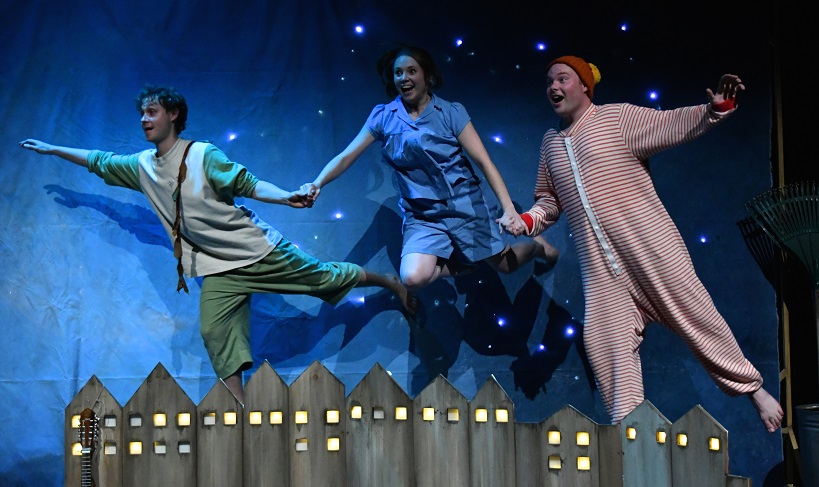Every week at the OperaWatch offices in Northern Soul Towers, our bulging post bag is full of letters asking the same question: why is opera so complex?. Every week I reply, ‘it’s very simple – boy meets girl, girl dies’.
As if to prove my point, I went to two productions by Opera North at The Lowry. In La traviata by Verdi, the girl dies of consumption while in Orpheus by Monteverdi she dies of snake bite, and I don’t mean the lethal cocktail of cider and larger. It was a triumphant return to Salford by Opera North since its stunning Rigoletto at the beginning of the year. Oh, how I’ve missed you.
La traviata is the classic 19th century romantic story of a young man, Alfredo (Oliver Johnston). He is from a good family but falls for an older courtesan, the disreputable Violetta (Máire Flavin). So far, so opera. Alfredo’s family is scandalised and his father, Giorgio Germont (Stephen Gadd), intervenes. He asks Violetta to drop Alfredo to save the family’s name. Knowing that she is unwell, she agrees. Reconciled, Violetta dies in Alfredo’s arms. It was a handsome production as the whole cast, orchestra and production team pulled off a distinctive performance of one of the most popular operas. Flavin’s Violetta was particularly outstanding.
Orpheus is described as Monteverdi reimagined and it will be difficult to write about it in the space I have. If I leave anyone out, please forgive me. The production is a collaboration between Opera North and South Asian Arts-uk. It was an attempt to fuse classical Indian music and baroque opera traditions based on Monteverdi’s 1607 L’Orfeo. It is set in the suburban back garden during the wedding of white Orpheus (Nicolas Watts) and Asian Eurydice (Ashnaa Sasikaran). This marriage forms the basis of the fusion, bringing European and Indian musicians and singers on stage in a rich, colourful setting designed by the award-winning Leslie Travers. It is a joyful, celebratory opening as the couple mark their nuptials with family and friends. It is also a jubilant display of outstanding skill and talent from those on stage. The vocal jousting between two charavaahos (shepherds), Chiranjeeb Chakraborty and Vijay Rajput, was astonishing and a taste of things to come.
As the day unfolds, so does the tragedy. Holding Eurydice’s wedding sari, Silvia (Kezia Bienik) announces that Eurydice is dead, killed by a snake bite. Despair and gloom envelops the cast as Orpheus sinks into a bottomless pit of grief for his lost love. He resolves to enter the Land of the Dead and bring her back. In a wondrous display of vocal dexterity, Caronte the ferryman (Kaviraj Singh) refuses to let Orpheus cross the river Styx. Orpheus lulls Caronte to sleep and crosses the river. Charmed by his tale of loss, Proserpina (Chandra Chakraborty) Queen of the Dead, in a mesmerising aria, convinces her husband Pluto (Dean Robinson) to allow Eurydice to return to the land of the living provided that Orpheus does not look back at her as she follows him. He looks back and Eurydice is lost forever.
Back in the garden, Orpheus is consoled first with a breathless battle of drumming by Shahbaz Hussain on the tabla and RN Prakash on the ghatam. It brought the biggest cheer of the night. The guru-god Apollo (Kirpal Singh Panesar) on the dilruba gives him a melodic life lesson in the acceptance of heartbreak and to embrace happiness over despair. The whole cast come together in a final chorus that left the audience leaping to their feet in a spontaneous standing ovation.
Musical directors Laurence Cummings (on harpsichord) and Jasdeep Singh Degun (on sitar) along with Anna Himali Howard have made one of the most exquisite and moving operas I have ever had the privilege to witness. The interweaving of the two musical traditions is pure creative genius. Just brilliant. When I finally cross that river, I hope that Proserpina is there to greet me.
Main image: The Lowry














